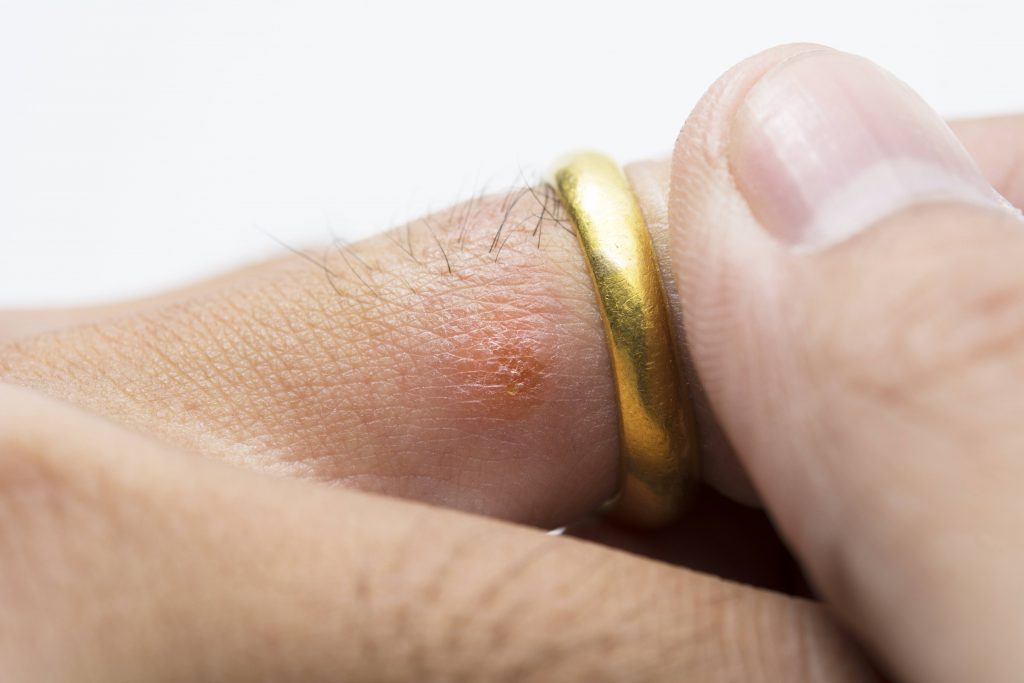Atopic dermatitis, the most common form of eczema, is a widespread skin condition known for causing dry, itchy and inflamed skin. It affects 15% to 20% of children and 8% to 10% of adults. The discomfort it brings can disrupt a person's everyday life if not treated.
Dr. Dawn Davis, a dermatologist at Mayo Clinic and co-chair of the American Academy of Dermatology Atopic Dermatitis Guidelines Committee, is an author of the newly released and updated guidelines for managing atopic dermatitis.
She says understanding potential triggers for atopic dermatitis is a start.
Journalists: Broadcast-quality video pkg (1:00) is in the downloads at the end of the post. Please courtesy: "Mayo Clinic News Network." Read the script.
Triggers for atopic dermatitis or eczema can be internal and external.
"Any sort of stressor to the mind, to the nerves, to the skin or to the immune system can cause a flare of eczema," says Dr. Davis.
It could be daily stress, a food allergy or the jewelry you are wearing.
"Some people with eczema are sensitive to nickel, they may be sensitive to a preservative and a medication that they're using," she says.

Learning how to decrease your sensitivity or stress can help.
Dr. Davis encourages patients to:
- Practice mind-body exercises.
- Get plenty of rest.
- Stay hydrated.
- Avoid smoking.
- Practice a sensitive skincare routine.
This includes daily baths or showers with mild soaps, and frequent moisturizing with a fragrance-free, dye-free and chemical-free lotion.
"They may need may need prescription medicines. Those can be available topically by a cream or an ointment or systemically by a pill or a shot. And then we may choose to do advanced therapy beyond that, such as patch testing," Dr. Davis says.







